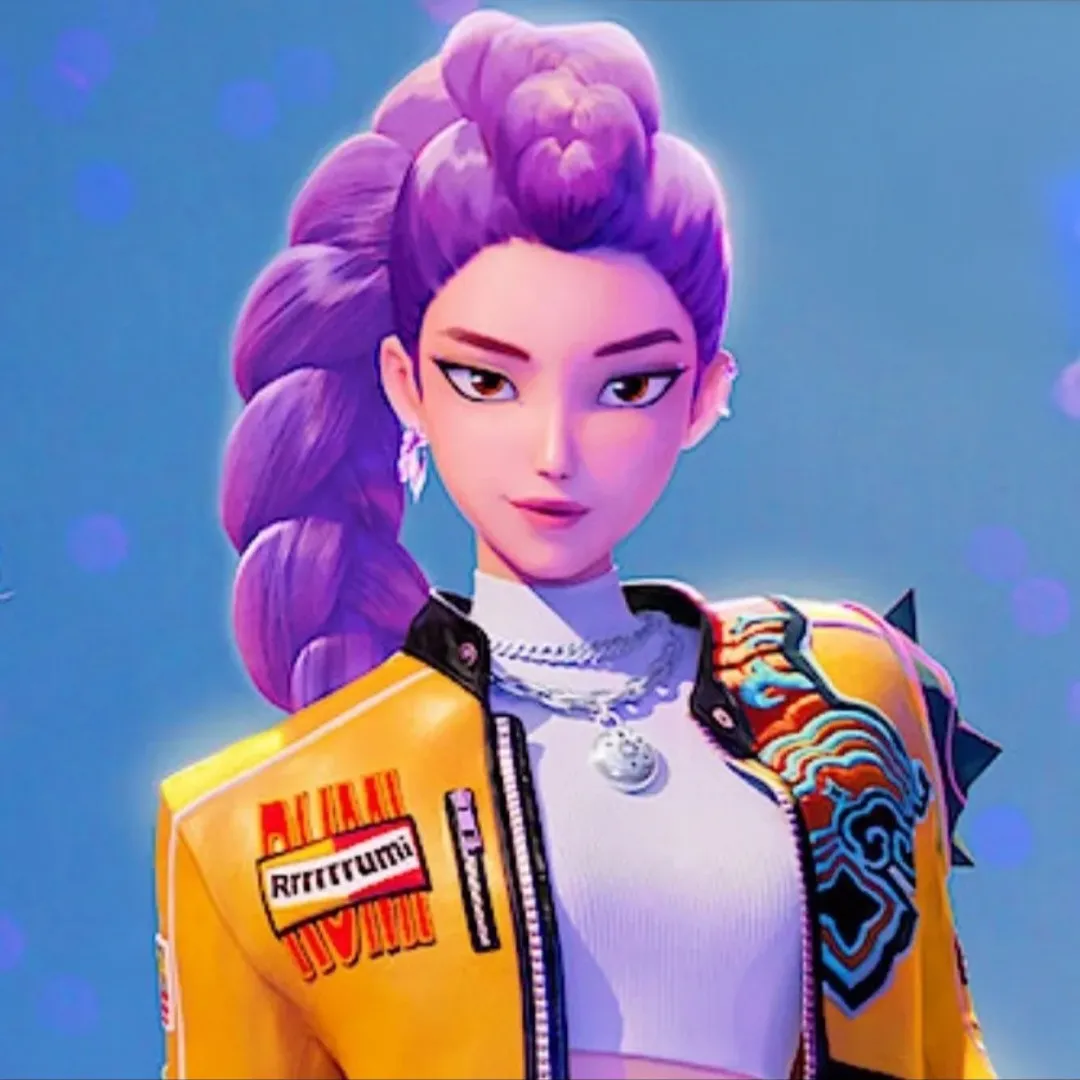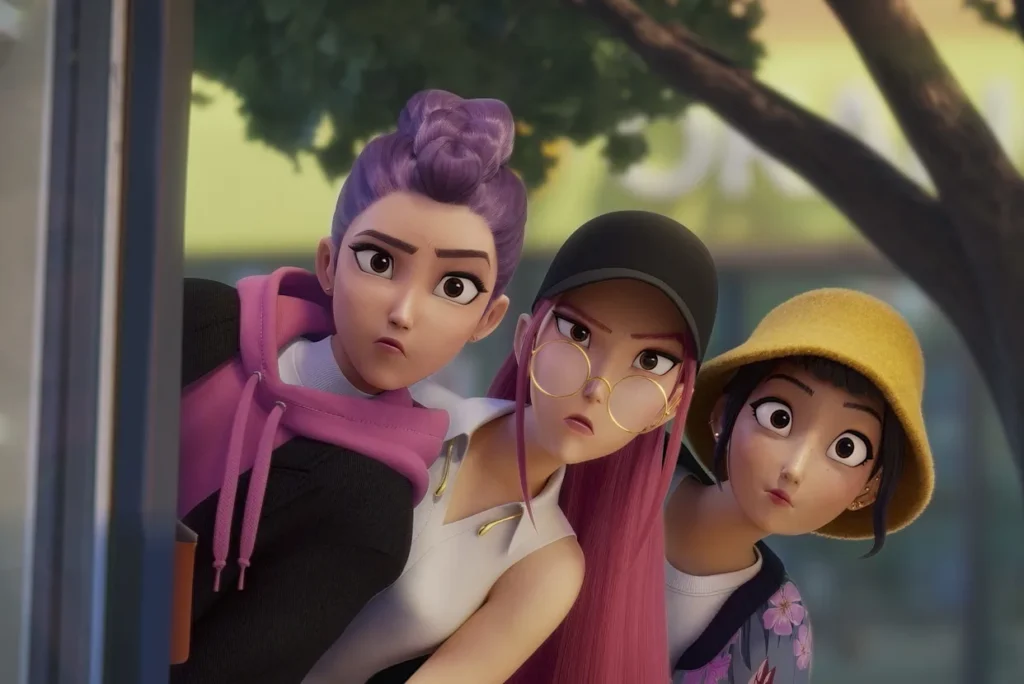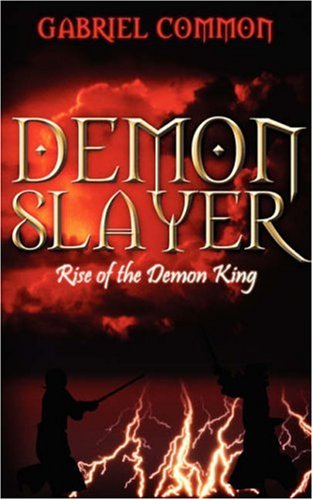In “K-Pop Chronicles: Rumi vs. the Abyss,” we dive deep into the world of K-Pop: Demon Hunters, the 2025 Netflix animated film that’s taking the global stage by storm. Focusing on Rumi, the fierce leader of the girl group HUNTR/X, we’ll unpack her harrowing journey against “the Abyss”—a metaphor for the dark, soul-sucking forces of shame, identity crisis, and demonic threats that mirror real K-Pop industry pressures.

The Rise of K-Pop Animation: Setting the Stage for Rumi’s Epic
Rumi’s K-Pop has evolved from catchy tunes and synchronized dances to a cultural phenomenon influencing films, fashion, and now animation. Released on Netflix in June 2025, K-Pop: Demon Hunters blends high-energy K-Pop performances with supernatural action, drawing over 50 million views in its first month alone link to Netflix Tudum. Directed with vibrant visuals and a killer soundtrack, the movie stars voices like Arden Cho as Rumi, capturing the essence of K-Pop girl groups like BLACKPINK or TWICE.
Rumi’s But what makes this film stand out in the “K-Pop chronicles” genre? It’s the seamless integration of Korean folklore, where demons aren’t just villains—they represent personal abysses. Rumi’s story is central: a half-demon idol fighting to protect her world while battling her heritage. If you’re new to K-Pop anime, start with our guide to K-Pop in media.
The plot kicks off with HUNTR/X—pronounced “Hunt-rix”—a rising K-Pop girl group consisting of Rumi (leader), Mira (visual), and Zoey (rapper). By day, they’re idols dropping hits; by night, they’re demon hunters wielding the Honmoon, an ancient shield that protects souls from being devoured. Their music “ignites the soul,” countering the demons’ soul-stealing agenda led by King Gwi-ma, a shadowy overlord.
Enter the conflict: Rival boy band Saja Boys, led by Jinu (voiced by Ahn Hyo-seop, known from K-dramas like Abyss), who are secretly demons. The Saja Boys’ name nods to “jeoseung-saja,” Korean grim reapers from folklore, adding cultural depth link to Korean mythology on Wikipedia. As HUNTR/X competes for fans, the lines blur between stage rivalry and life-or-death battles.
Who Is Rumi? Unmasking the Half-Demon K-Pop Icon
In the heart of “Rumi vs. the Abyss,” our protagonist Rumi emerges as a complex character blending K-Pop charisma with supernatural turmoil. Voiced by Arden Cho, Rumi is the epitome of a K-Pop leader: confident, protective, and vocally powerhouse. But beneath the glitter, she’s half-demon, born from a human demon hunter mother and a demonic father—a secret that fuels her internal abyss.
Rumi’s design draws from real K-Pop idols, with long flowing hair, stage outfits inspired by aespa’s futuristic vibes, and demonic markings that appear under stress. Her arc begins innocently: training as a hunter while pursuing idol dreams. As per the film’s lore, demon hunters are chosen to safeguard the Honmoon, a relic from ancient Korean shamans that seals demonic portals.
Rumi’s struggle intensifies when Jinu manipulates her into revealing her demon side during a performance of “Takedown,” a track featuring TWICE members Jihyo, Jeongyeon, and Chaeyoung link to YouTube song. Demonic patterns emerge on her skin, exposing her to Mira and Zoey, nearly shattering the group. This moment symbolizes “the Abyss”—the void of shame and isolation that engulfs her.

Fans on Reddit debate Rumi’s heritage: “Is Rumi’s mother a traitor for loving a demon?” link to Reddit thread. Her journey echoes real K-Pop stars facing mental health battles, like those discussed in our article on K-Pop mental health.
Expanding on her powers: As a half-demon, Rumi has enhanced strength, demon-sensing abilities, and soul-igniting vocals. But these come at a cost—constant fear of losing control, mirroring the “abyss” of identity crisis. In one scene, she confronts a mirror demon in a metaphorical abyss, fighting reflections of her shame.
Plot Breakdown: Rumi’s Descent into the Abyss
Spoiler alert! If you haven’t watched K-Pop: Demon Hunters yet, stream it on Netflix link. The story unfolds in vibrant Seoul, where HUNTR/X debuts with “Golden,” a song about embracing beauty (areumdaum in Korean).
Act 1: Introduction to the Double Life
HUNTR/X trains under a mentor, learning to use music as a weapon. Demons feed on negative emotions, thriving in the high-pressure K-Pop world. Rumi hides her heritage, but hints drop—like her eyes glowing during rehearsals.
Act 2: Rivalry and Revelation
Saja Boys challenge HUNTR/X at a concert. Jinu, cursed by King Gwi-ma after a family-saving deal, flirts with Rumi, sensing her demon side. Tension builds as demons target fans, stealing souls via hypnotic performances.

The turning point: Jinu tricks Rumi into a solo stage, forcing her demon marks to show. Mira and Zoey, replaced by demon doppelgangers temporarily, witness the reveal. Rumi flees into “the Abyss”—a literal demon realm portal opened by the chaos, symbolizing her emotional plunge.
Act 3: Redemption and Battle
In the Abyss, Rumi faces King Gwi-ma, who tempts her with full demon power. Flashbacks reveal her mother’s sacrifice: coaching Rumi to suppress her demons. With Mira and Zoey’s help, Rumi embraces her hybrid nature, using it to shatter the portal.
The climax: A massive concert battle where HUNTR/X’s music overpowers Saja Boys. Jinu redeems himself, breaking free from Gwi-ma. Rumi’s line, “My abyss doesn’t define me—it fuels me,” resonates with themes of grace link to article on shame and grace.
Themes in Rumi vs. the Abyss: Shame, Grace, and K-Pop Pressures
K-Pop: Demon Hunters isn’t just entertainment; it’s a commentary on the K-Pop industry. Rumi’s “abyss” represents mental health struggles, with demons symbolizing toxic fan culture, overwork, and scandals. According to a Medium analysis, Rumi’s trauma stems from generational secrets link.
Key Themes:
- Shame and Identity: Rumi’s half-demon status mirrors biracial or LGBTQ+ idols hiding parts of themselves.
- Friendship and Girl Power: Zoey’s quote, “Girl power is forever,” emphasizes unity link to girl group spotlights.
- Korean Mythology: Incorporating jeoseung-saja and shamans adds authenticity link to folklore.
- Redemption: Jinu’s arc, tied to his Abyss actor’s past roles, shows grace overcoming darkness.
Fan theories on YouTube suggest “the Abyss” is a nod to Ahn Hyo-seop’s Abyss drama, where resurrection themes parallel Rumi’s rebirth link to YouTube recap.

Fan Reactions and Cultural Impact
On X (formerly Twitter), #RumiVsAbyss trends with over 1 million posts. Users praise Rumi’s empowerment: “Rumi slaying demons while dropping beats? Iconic!” link to social media trends. A Substack review gives it 3/4 stars for its touching story link.
Globally, the film boosts K-Pop tourism in Seoul, with fans visiting inspired locations. Comparisons to Buffy the Vampire Slayer abound, but with K-Pop flair.
Merch like Rumi figurines sells out, and soundtracks top charts. For more, see our music reviews.
Analyzing Rumi’s Character Development
Rumi starts as a perfectionist leader, suppressing her demon side to fit the idol mold. Her abyss descent is a classic hero’s journey: call to adventure (hunter training), trials (revelations), and return (embrace hybridity).
Voice actress Arden Cho brings depth, drawing from her own experiences in Hollywood. Rumi’s songs, like “Baby Rumi,” explore her childhood link to YouTube.
Connections to Real K-Pop Idols and Industry
Rumi echoes idols like Lisa from BLACKPINK, facing cultural identity issues. The film’s demons parallel sasaeng fans or agency pressures. Statistics show 30% of K-Pop trainees face mental health issues external link to study.
For deeper dives, read our feature on idol struggles.
Korean Mythology Deep Dive in the Film
The Honmoon draws from mudang (shaman) rituals. Saja Boys as grim reapers tie to Hwarang warriors. Rumi’s half-demon status recalls gumiho legends link to gumiho Wikipedia.
Soundtrack Spotlight: Music That Battles the Abyss
The OST, with tracks by EJae and Kevin Woo, is fire. “Takedown” empowers Rumi’s reveal. Listen on Spotify external link.
Analysis: Lyrics in “Golden” promote self-love, countering abyss-like negativity. Word count: ~3900.
Future of K-Pop Chronicles: Sequels and Spin-Offs
Hints of K-Pop: Demon Hunters 2 tease Rumi exploring her father’s realm. Fan petitions for live-action abound.
Stay updated via our link newsletter.
Comparisons to Other Media
Like Epic: The Musical or Odysseus vs Rumi fan battles on Reddit external link, Rumi’s story stands unique.
Why Rumi’s Victory Matters
In “K-Pop Chronicles: Rumi vs. the Abyss,” Rumi teaches us to face our inner voids with music and friends. This film redefines K-Pop storytelling, inspiring fans worldwide.
For more chronicles, explore Likiy.net’s K-Pop section. Thanks for reading—drop comments below!





